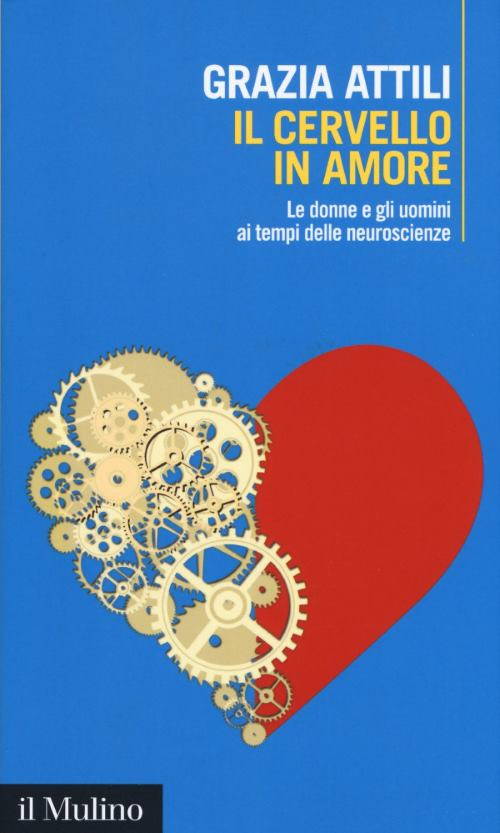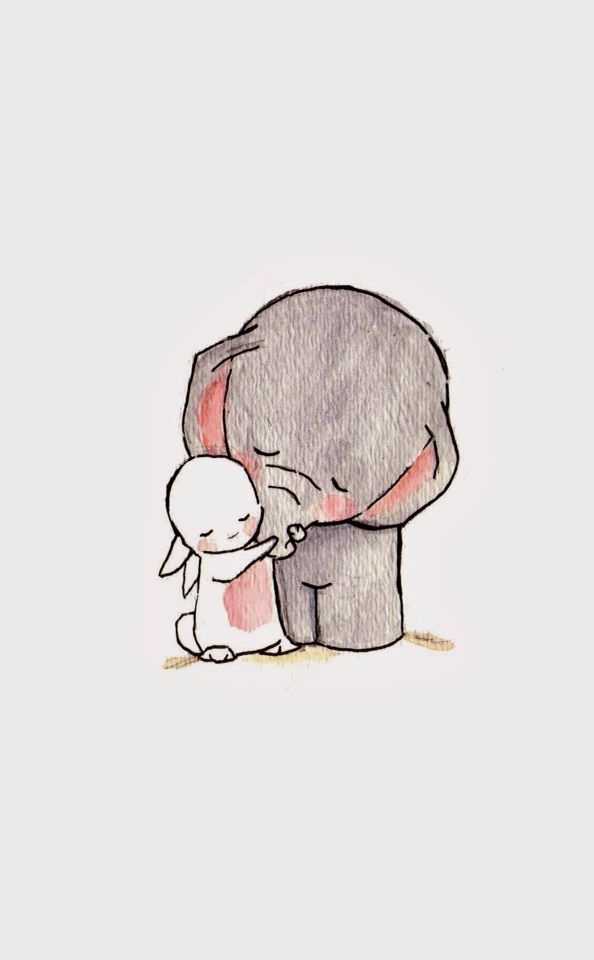
Have you discovered the meaning of life? According to a recent study, this is the secret of well-being, health and longevity.
Don't store avocado like this: it's dangerousWhat is the meaning of life? It is not easy to answer this question but according to a new study published in the Journal of Clinical Psychiatry, health and well-being are strongly influenced by it. That is to say that the people who discovered it live better.
This was stated by senior author of the research, Dilip V. Jeste, senior associate dean of the Center of Healthy Aging, according to which identifying one's purpose helps to improve health, well-being and maybe even longevity, making us less stressed and happier:
"Those who have meaning in life are happier and healthier than those without it."
The researchers arrived at this result after examining data from 1.042 adults, aged 21 to 100, who were part of the Successful Aging Assessment (SAGE). Participants were interviewed and subjected to a questionnaire on the meaning of life that allowed the scholars to understand how clinically relevant this factor is for improving patients' well-being:
“The medical field is beginning to recognize that meaning in life is a clinically relevant and potentially modifiable factor that can be aimed at improving patients' well-being and functioning. We anticipate that our findings will serve as building blocks for the development of new interventions for patients seeking purpose. "
However, things change according to age because young people, around the age of 20, often have not yet understood what their purpose is, while from the age of 30 to 50 research decreases and the discovery of one's meaning increases.
Things change again after 60, when people withdrawing from the world of work are subject to a profound change of life that leads them to seek a new purpose, no longer corresponding to the previous one:
"When you are young, like in your twenties, you are not sure about your career, a life partner and who you are as a person." You are looking for meaning in life. As you begin to enter your thirties, forties and fifties, you have more established relationships, perhaps you are married and have a family and have moved into a career. Research decreases and increases the meaning in life. After 60, things start to change. People retire from work and begin to lose their identity. They begin to develop health problems and some of their friends and family begin to die. They start looking for meaning in life again because the meaning they once had has changed. "
So each age has a different meaning.
And now the study continues with the intention of investigating new areas, from wisdom to compassion to loneliness, to understand how they affect the meaning of life.
The research is interesting because it highlights that well-being is not just a matter of physical health but depends on existential issues often considered superfluous, secondary, and therefore underestimated. Being fit is important but, the researchers point out, it is evidently not enough to feel really good and want to live.
You might also like:
- Ikigai: what it is and how to find your meaning in life
- The meaning of life explained by a 6-year-old girl (video)
Illustration by Laura De Rosa / mirabilinto.com


























